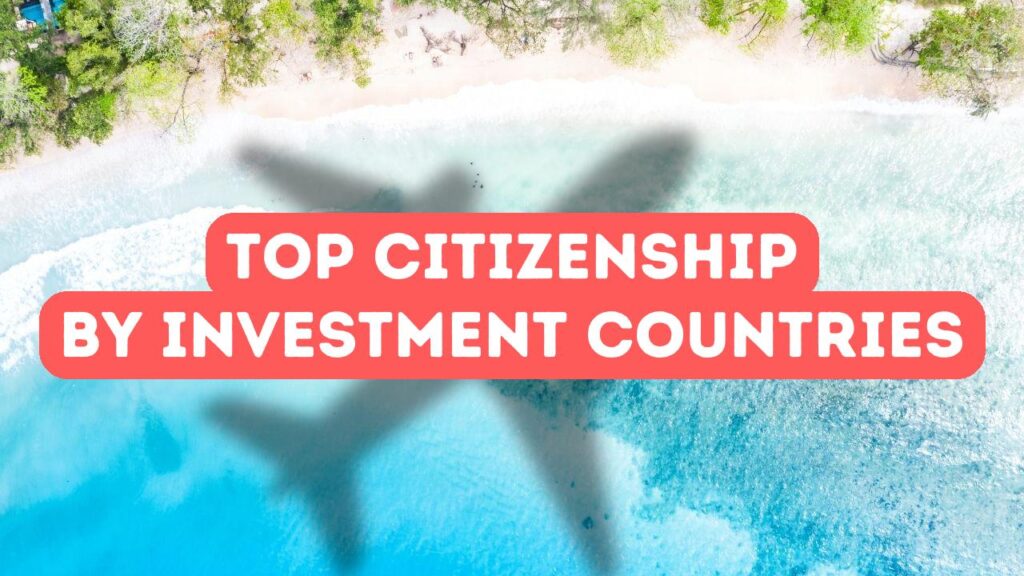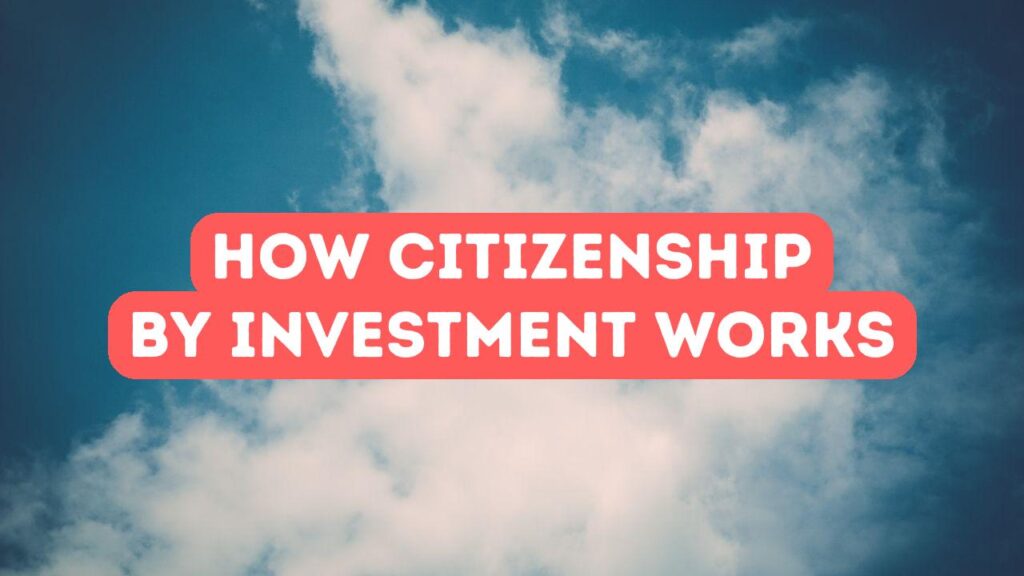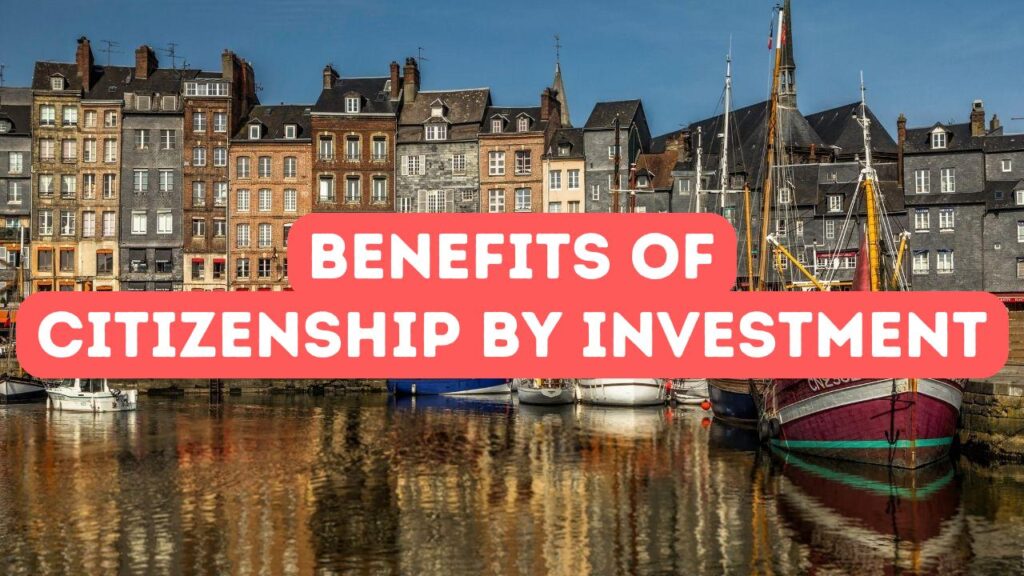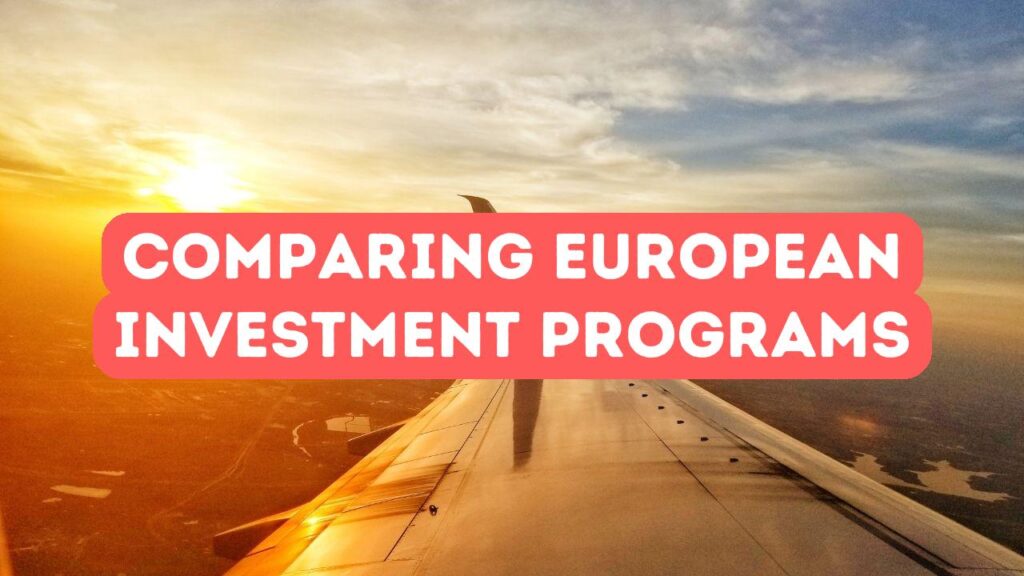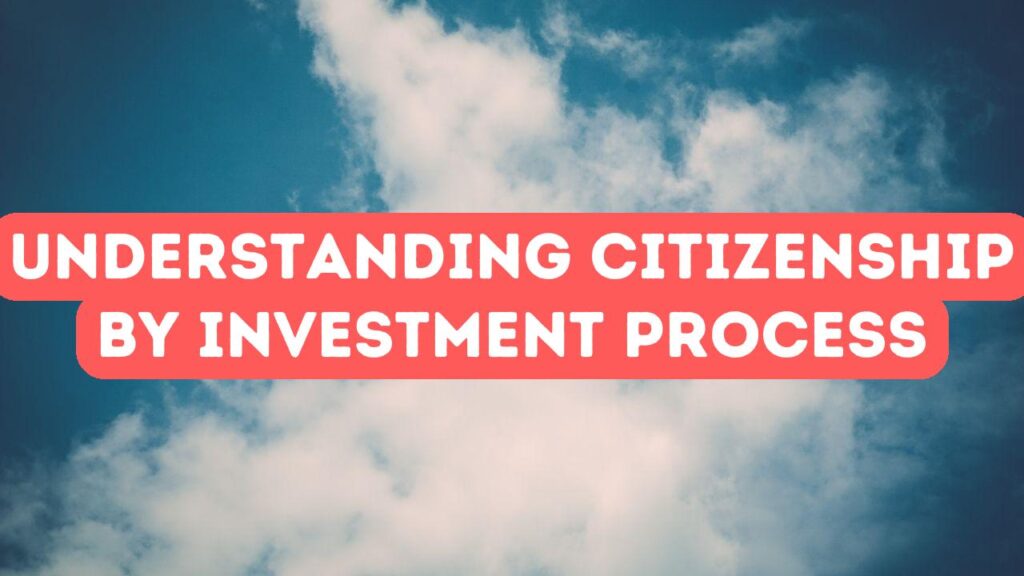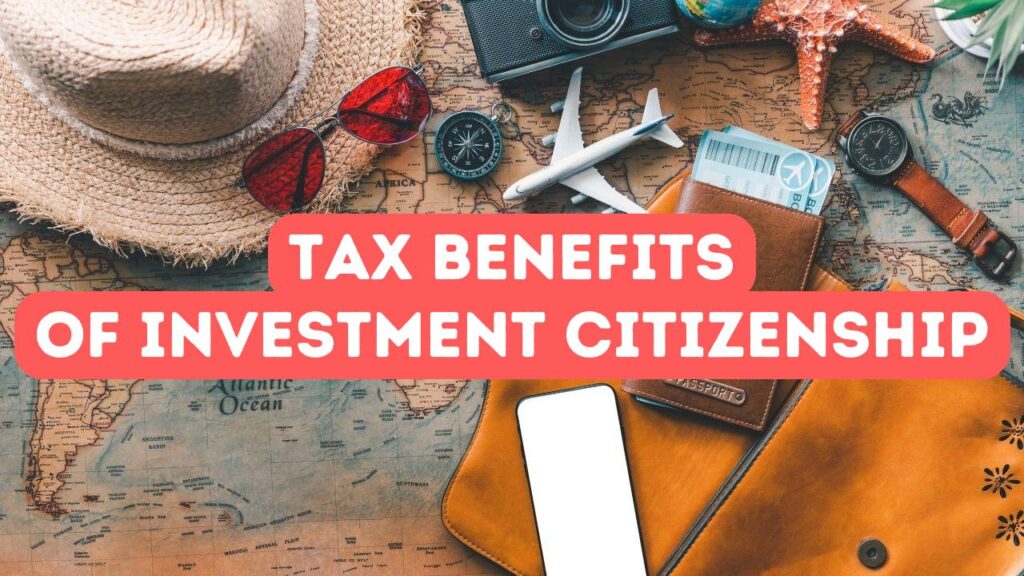In today’s increasingly interconnected world, securing a second citizenship has become more than just a status symbol; it is a strategic move that offers unprecedented freedom, security, and opportunity. Various countries across the globe have recognized this demand and have accordingly established citizenship by investment programs, each with its distinct set of benefits, requirements, and processes. These programs not only provide a pathway to legal residency but also grant investors and their families access to new markets, high-quality healthcare, advanced education systems, and visa-free travel to a multitude of countries. As we delve into the top nations providing citizenship by investment, our comprehensive overview will help you navigate the myriad of options available, ensuring you make an informed decision tailored to your global aspirations and financial goals.
Understanding the Global Landscape of Citizenship by Investment Programs
Understanding the global landscape of citizenship by investment programs requires a nuanced appreciation of the varying criteria, costs, and benefits offered by different nations. Countries like St. Kitts and Nevis, Malta, and Portugal have become popular destinations due to their streamlined application processes, relatively affordable financial thresholds, and substantial perks such as expanded travel freedoms and high standards of living. These nations offer diverse pathways to citizenship, ranging from direct financial contributions to government funds and real estate investments to business ventures, each catering to distinct investor profiles and aspirations. As international mobility and economic globalization increase, these programs present a viable option for investors seeking to enhance their personal and financial security while gaining international access.
Notably, St. Kitts and Nevis stands out with one of the oldest and most reputable citizenship by investment programs globally. Established in 1984, it offers swift processing times, with successful applicants often receiving citizenship within a few months. The investment options include a contribution to the Sustainable Growth Fund or purchasing approved real estate, making it an attractive choice for those seeking rapid naturalization and high returns on property investments. Additionally, holding a St. Kitts and Nevis passport grants visa-free or visa-on-arrival access to over 150 countries, including key business hubs like the United Kingdom, the Schengen Area, and Hong Kong, significantly enhancing global mobility.
Portugal also emerges as a strong contender in the citizenship by investment arena, particularly with its highly sought-after Golden Visa program. Launched in 2012, this initiative enables investors to secure residency through various investment routes such as real estate purchases, capital transfers, or creating jobs. One of its unique advantages is the relatively low minimum stay requirement, allowing investors to maintain their primary homes while enjoying the perks of EU residency. After five years of temporary residence, investors can apply for permanent residency or even citizenship, provided certain criteria are met, including a basic knowledge of the Portuguese language. The Golden Visa grants visa-free access to the Schengen Zone, making it an excellent gateway for those looking to expand their European footprint, gain access to high-standard healthcare and education systems, and enjoy a superior quality of life.
Key Benefits of Securing Citizenship through Investment
Securing citizenship through investment offers a multitude of key benefits that extend far beyond the obvious. Primarily, it grants individuals the remarkable advantage of visa-free or visa-on-arrival travel to a vast array of countries, thus greatly enhancing global mobility and easing the burdensome visa application processes. Furthermore, with a second citizenship, investors often gain access to superior healthcare and education systems, which can significantly improve the quality of life for their families. Additionally, these programs frequently come with attractive tax incentives, protecting wealth and optimizing financial planning. In an era marked by economic volatility and geopolitical uncertainty, a second citizenship also provides an invaluable security net, ensuring stability and safeguarding future generations.
Moreover, citizenship through investment can be a strategic tool for business expansion and diversification. By obtaining citizenship in a different country, investors can open up new avenues for trade, benefit from favorable business regulations, and tap into emerging markets with ease. This newfound ability to operate under foreign jurisdictions can lead to increased profitability, access to international banking services, and enhanced asset protection. Many countries with citizenship by investment programs also offer a stable political and economic environment, allowing entrepreneurs to thrive in a secure and predictable setting. These factors collectively serve to amplify an investor’s global business footprint, creating opportunities for significant growth and sustainability.
Furthermore, securing a second citizenship offers an unparalleled degree of personal and financial freedom. It allows individuals to become global citizens, granting them the flexibility to live, work, and retire in the country of their choice, often with numerous lifestyle benefits. Personal freedom is further accentuated by the ability to own property and invest in real estate in desirable locations worldwide, enhancing one’s investment portfolio. Financial freedom is bolstered by the ability to diversify income streams and banking options, often accessing more favorable financial services and investment opportunities. For families, holding multiple citizenships can ease apprehensions about future uncertainties, providing an array of options and a greater sense of security in an ever-changing global landscape.
Comparing Investment Requirements Across Top Citizenship Programs
When evaluating the investment requirements for top citizenship by investment programs, it’s essential to recognize the diverse thresholds and financial commitments mandated by various countries. For instance, nations like St. Kitts and Nevis and Dominica offer relatively attainable entry points, with minimum investments typically ranging from $100,000 to $200,000 through government funds or real estate purchases. On the other hand, European countries such as Portugal and Malta demand higher financial contributions, often exceeding €500,000, which may include real estate investment, business development, or significant donations to national funds. These varying requirements are designed to cater to different investor profiles while ensuring that applicants contribute meaningfully to the host nation’s economic and social development. Understanding these nuances is crucial as it allows potential investors to align their financial capabilities with their desired outcomes, ensuring a seamless and beneficial transition to new citizenship.
Beyond the initial investment sums, applicants should also consider additional factors such as processing fees, due diligence costs, and potential residency conditions. For example, countries like Antigua and Barbuda and Grenada may require supplementary fees that can range from $25,000 to $50,000, which cover administrative and legal expenses. In contrast, a country like Cyprus, before suspending its program in 2020, demanded more rigorous due diligence, translating to higher overall costs for thorough background checks. Furthermore, nations such as Greece and Montenegro often necessitate maintaining the investment for a specified duration, ranging from five to seven years, to retain citizenship status. Considering these supplemental costs and requirements is vital in the decision-making process, enabling investors to comprehend the total financial and temporal commitments associated with each program, thus facilitating a well-rounded and informed investment strategy.
As investments alone do not encompass the full scope of commitment, potential applicants must also be aware of processing times and ultimate benefits. For instance, Caribbean programs like those in Saint Lucia and St. Kitts and Nevis are known for their expedited processing, often granting citizenship within three to six months, making them ideal for those seeking swift mobility and access to visa-free travel. Conversely, European programs such as those in Portugal and Malta may require a longer processing period, sometimes upwards of a year, but often provide the added advantage of eventual EU citizenship, which includes the right to live and work across all member states. Additionally, some countries offer family-inclusive packages at relatively modest incremental costs, adding further value to the primary applicant’s investment. By carefully considering these timelines and the comprehensive benefits, investors can strategically select a citizenship by investment program that aligns with both their immediate needs and long-term aspirations, ensuring a holistic approach to global citizenship.

